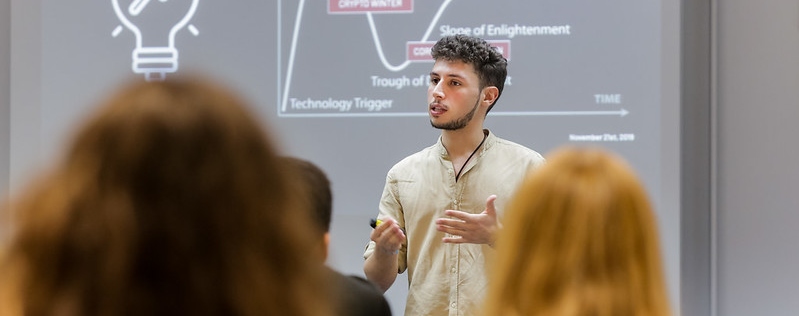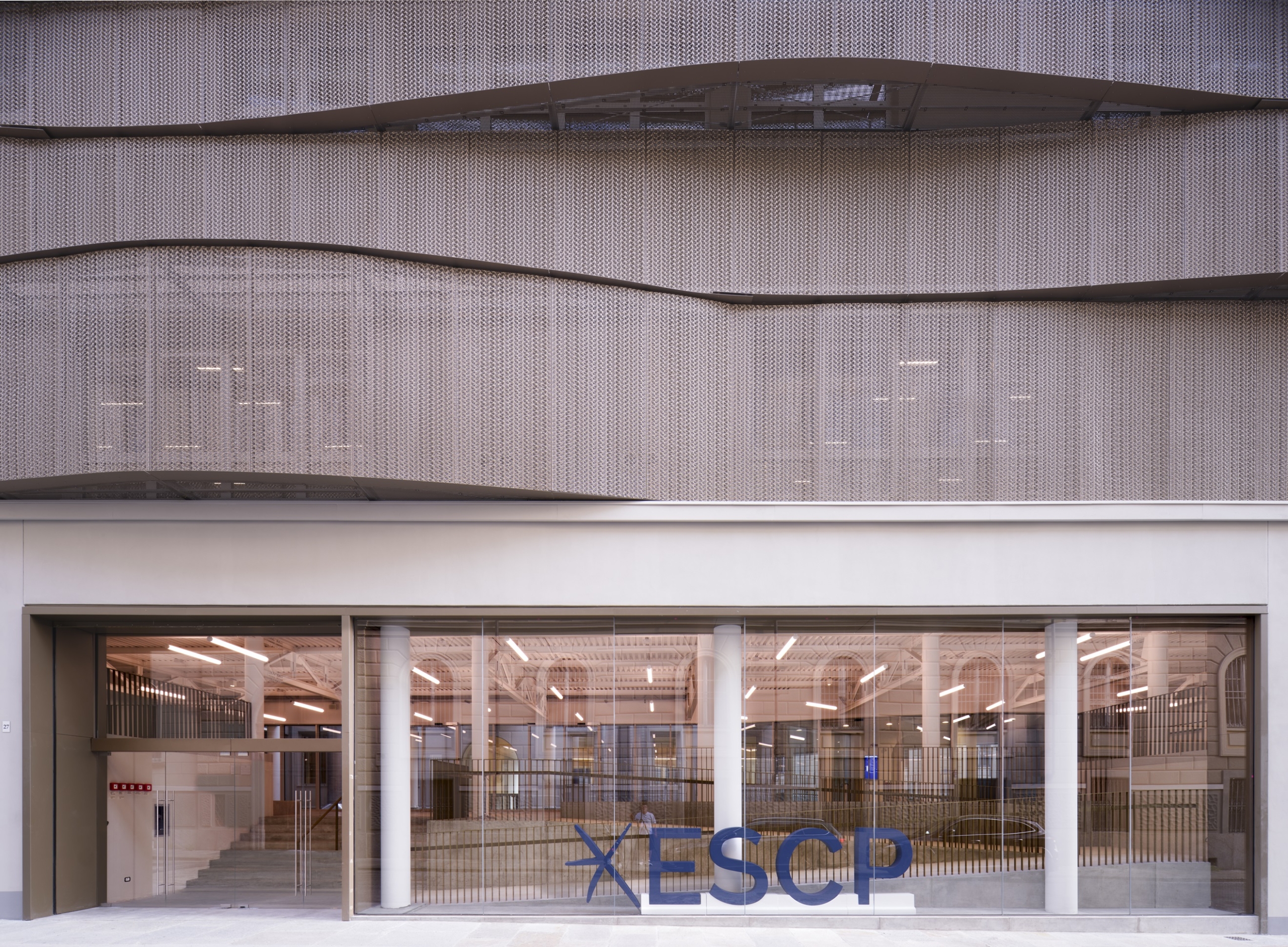We all have a creative genius inside us, yet we differ in how we express it. According to Adobe’s Future of Creativity” Study, less than one-third of people believe they are living up to their creative potential. In our changing world, visionary leaders need to master creative thinking to innovate constantly. In this article, we’ll explore what makes creative thinkers so valuable to organisations.
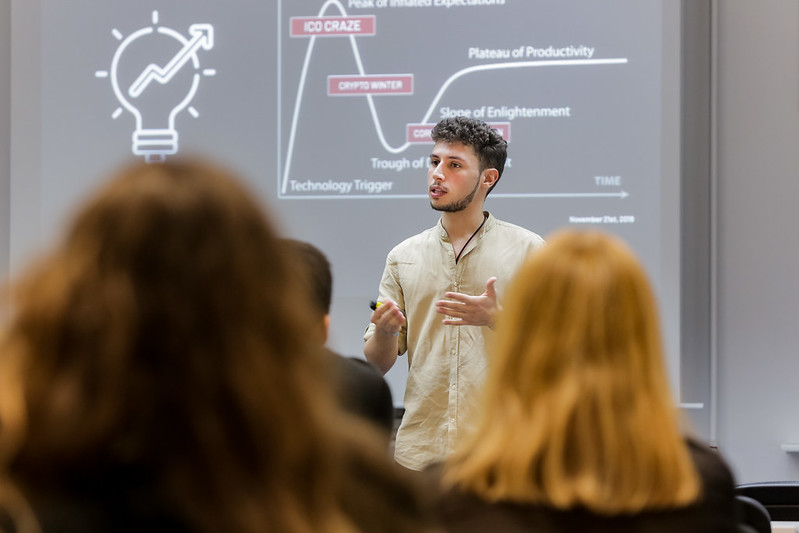
What is creative thinking?
Creative thinking is a broad concept. It refers to any thinking process that allows you to see problems and situations from a fresh perspective. This new, unorthodox way of seeing things is particularly helpful in solving problems and bringing value by improving processes.
7 reasons why creative thinking is an essential leadership skill
1. Constant questioning
Creative thinkers constantly question everything. Their genuine curiosity leads them to investigate the nature of things, helping them gain a deeper understanding of how things work and how to improve them.
2. Unbiased observation
In addition to being curious, creative thinkers are great observers. Passionate about the infinite possibilities that life has to offer, they tend to be fully immersed in the present moment. They do not judge or label what they see but rather enjoy things for what they are. By separating observation and evaluation, they get a clearer perspective on how things really are.
3. Idea generation
When thinking about creative people, we often think about their idea-generation skills. There is a particular type of people, sometimes called lateral thinkers, who are exceptionally skilled at thinking outside the box and generating new ideas. Every company needs inspirational leaders who develop and propose new ideas to their team. These creative leaders go beyond their duty and take risks to ensure the company keeps innovating and delivering value.
4. Problem-solving
Lateral thinkers are also great at solving problems. They connect concepts in new ways, which helps them understand any situation better and develop unexpected solutions. They are always eager to try out new approaches and end up solving problems faster than anyone else.
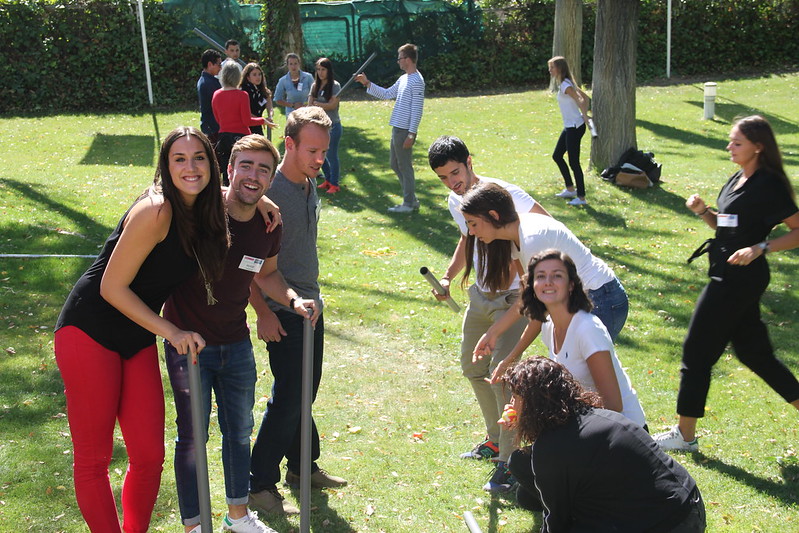
5. Team diversity
According to the American psychologist JP Guilford, there are two types of thinkers: divergent thinkers and convergent thinkers. The former are great at generating new ideas, while the latter are better at focusing on a single idea and making important decisions.
Creativity isn’t just about generating new ideas but also about putting them into practice. Creative thinkers recognise this and organise their teams accordingly. They let divergent thinkers take care of the idea generation stage and then ask convergent thinkers to implement these ideas.
6. Systemic thinking
One of the most crucial leadership skills is systemic thinking ” the ability to understand how systems work and how each element relates to each other. Creative thinkers have a unique ability to connect the dots. Their minds are wired this way.
This is especially useful in the workplace to ensure smooth operations and to understand the dynamics between the different stakeholders.
7. Inspiring leadership
Creativity is a group effort. No single individual can solve every problem of an organisation. However, a creative leader can inspire others to nurture their creative thinking. This way, every team member can start to come up with new solutions, and that’s how companies become real innovation centres.
How can ESCP’s BSc help you become a creative thinker?
Creativity isn’t something you’re just born with ” it’s something you grow, explore, and refine. At ESCP, the Bachelor in Management (BSc) is designed to do exactly that: help you become a curious, critical, and creative thinker ready to tackle complex challenges from unexpected angles.
You’ll dive into a rich and varied curriculum that blends Business and Management with Science, Technology, Liberal Arts, and Humanities. But learning here doesn’t stop at lectures ” you’ll work in multicultural teams, present bold ideas, and push your thinking further through hands-on projects and real-world case studies.
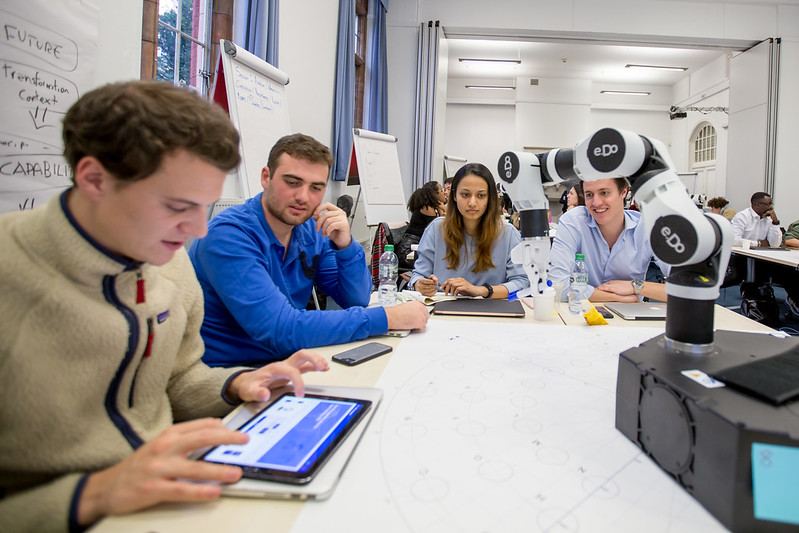
What really sets the programme apart, though, is what happens outside the classroom. Whether it’s launching a blog or podcast, organising a concert or regatta, or building your own entrepreneurship festival from scratch, you’ll have countless opportunities to create, collaborate, and lead. These collective projects are more than fun ” they’re a training ground for the kind of thinking and doing that shape great careers.
And with the chance to study on a different ESCP campus each year, you’re constantly stepping into new environments, meeting new people, and expanding your perspective. It’s a built-in exercise in creative adaptability.
At the heart of it all is a strong belief: that great ideas come from diverse voices. That’s why the School actively encourages different points of view ” not just through the cultural mix of its community, but also by opening the floor to world-renowned speakers, masterclasses, and seminars from across industries and disciplines.
And if you’ve got an idea of your own? Whether it’s starting a student society or building a business from scratch, you’ll find the support to make it happen. Many BSc students already have ” and their projects are a testament to what can grow when creativity is given room to thrive.
Conclusion
Creative thinking is one of the most important skills for students to acquire to become innovative, visionary leaders. It allows them to come up with new ideas, connect the dots, and make wise decisions. More importantly, it inspires others to connect with their inner creative genius, nurturing a culture of innovation inside organisations.
